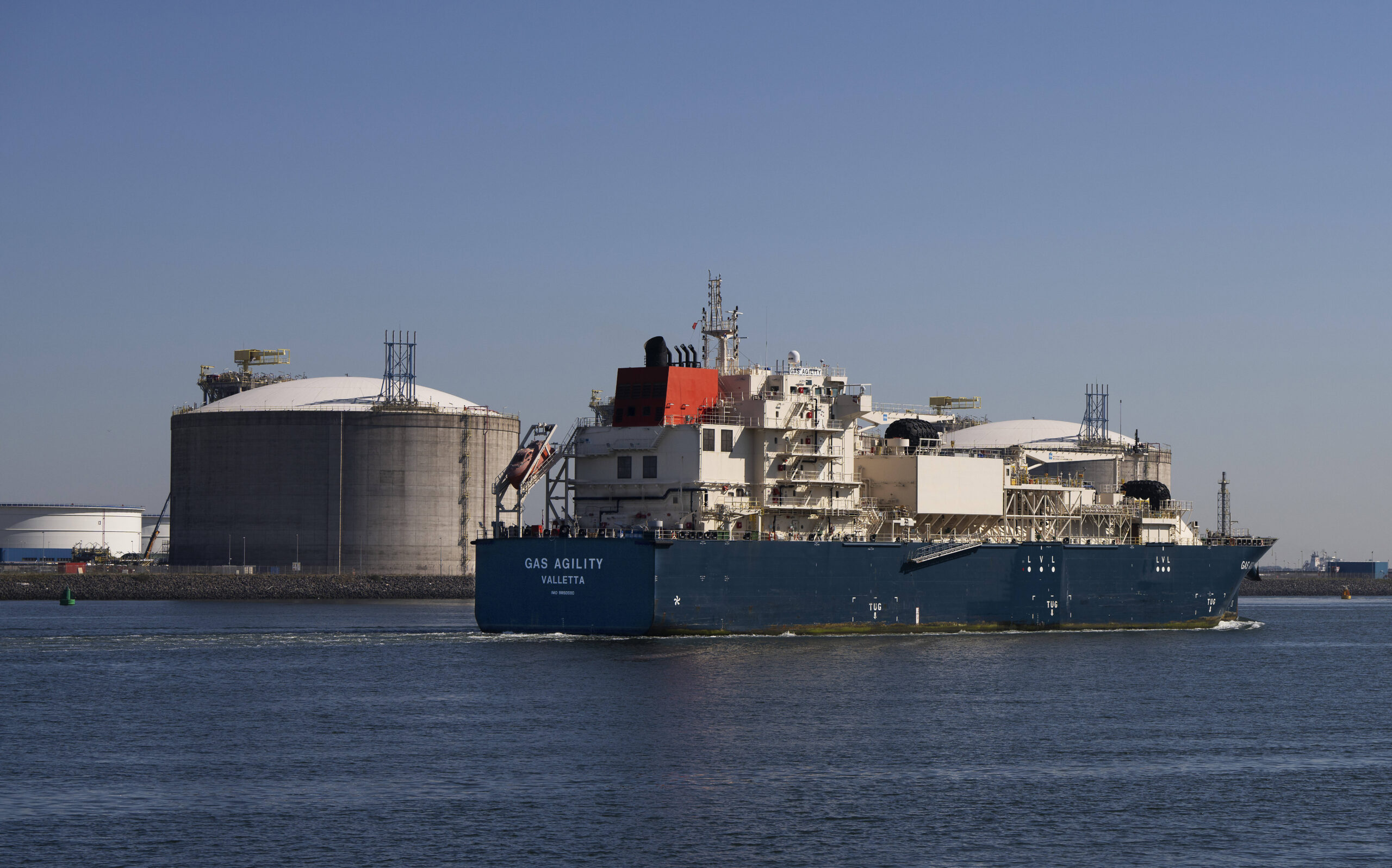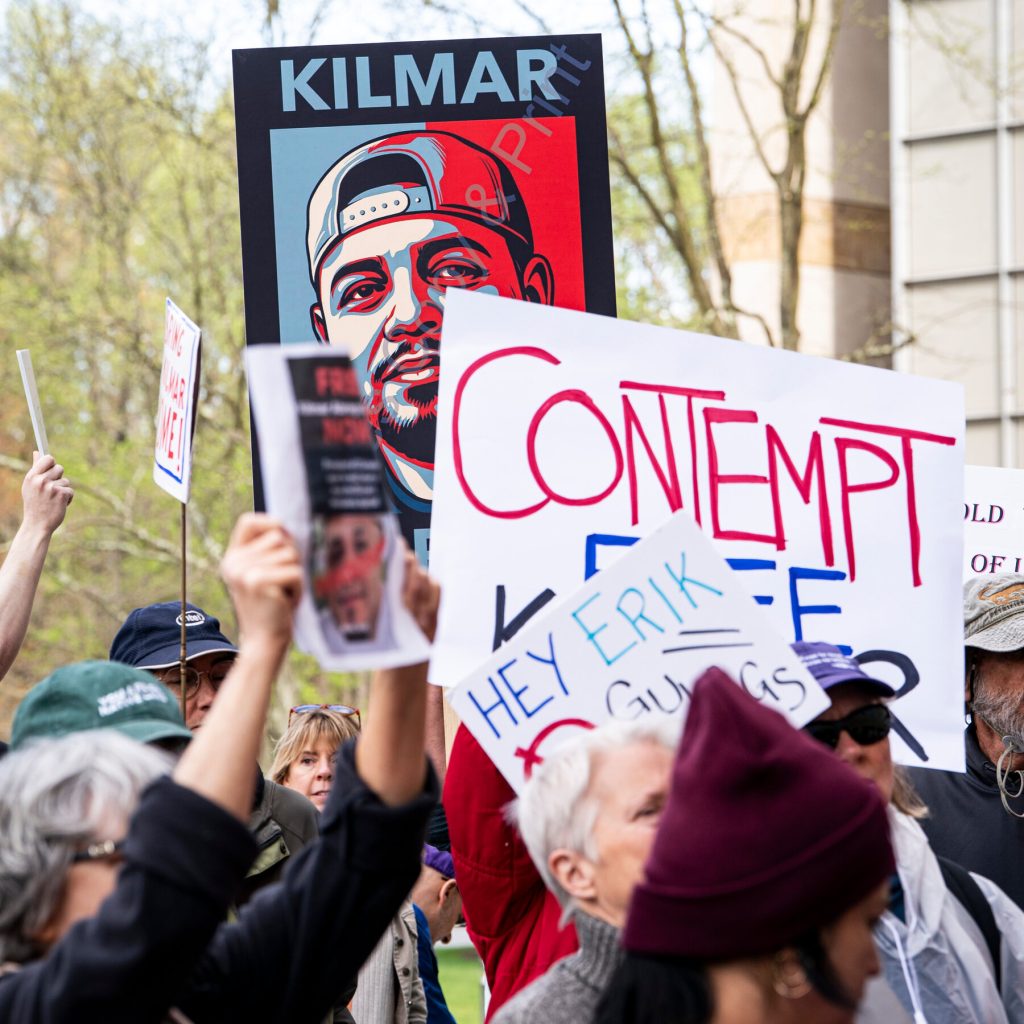Now Reading: Shipping’s climate deal sets up battle over pollution calculations for gas and biofuels
-
01
Shipping’s climate deal sets up battle over pollution calculations for gas and biofuels
Shipping’s climate deal sets up battle over pollution calculations for gas and biofuels

Governments at the International Maritime Organization (IMO) have reached an agreement this month that mandates all large ships worldwide to lower their emissions in accordance with specified targets starting in 2028, or else face financial penalties. Ship operators are required to decrease their greenhouse gas emissions per unit of energy, compared to 2008 levels, by 30% by 2035 and 65% by 2040 on the path to achieving net zero emissions around 2050. The emissions of each ship will be determined by the IMO based on a bunker delivery note indicating the type of fuel loaded onto the vessel.
All types of fuels, ranging from those derived from fossil gas and oil to biofuels and green hydrogen, will be assigned an emissions intensity value, currently being developed by a team of experts. This calculation will determine whether a ship using a specific fuel type can qualify for financial incentives for surpassing the new emissions reduction targets or if it will be subject to fines for failing to meet them. The shipping sector contributes approximately 3% of global greenhouse gas emissions.
With significant financial and environmental implications at stake annually, the meticulous number-crunching process has garnered the attention of marine fuel suppliers, environmental advocates, and governments. Various supporters of liquefied natural gas (LNG), biofuels, and a green hydrogen-based fuel called methanol are putting forward proposals to the IMO, advocating for lower emissions intensity assessments, endorsed by governments favoring each technology.
The final emissions figures will be put forward by a group of 13 experts appointed by the IMO, known as the “GESAMP-LCA working group,” next year, and then endorsed by governments before the new emissions regulations take effect in 2027. Constance Dijkstra, the IMO policy manager for the green advocacy group Transport & Environment, mentioned that the purpose of appointing these experts was to shield the decisions from political manipulation, although she acknowledged that some political considerations would still play a role.
Efforts to downplay concerns regarding methane leaks from gas as a shipping fuel and promote biofuels as a solution have been observed among industry groups and governments. While LNG is currently a popular choice in the shipping industry due to its accessibility, experts predict that LNG-powered ships will likely face financial penalties by 2032 at the latest under the new emissions agreement. Discussions around the climate benefits and potential drawbacks of LNG continue to be contentious.
In addition to exploring various fuel options like biofuels made from sugar, corn, and soy, experts expect ship owners to turn to biofuels in the near term until hydrogen-based fuels become more widely available. Efficiency measures, such as sailing at slower speeds, using sails for propulsion, and employing electric batteries for shorter journeys, are also seen as effective ways for shipowners to reduce emissions in the interim.






